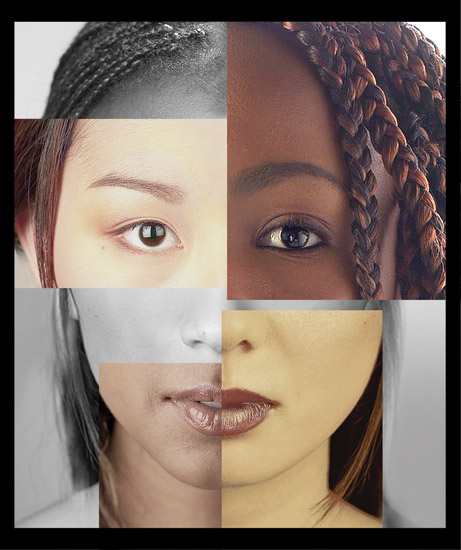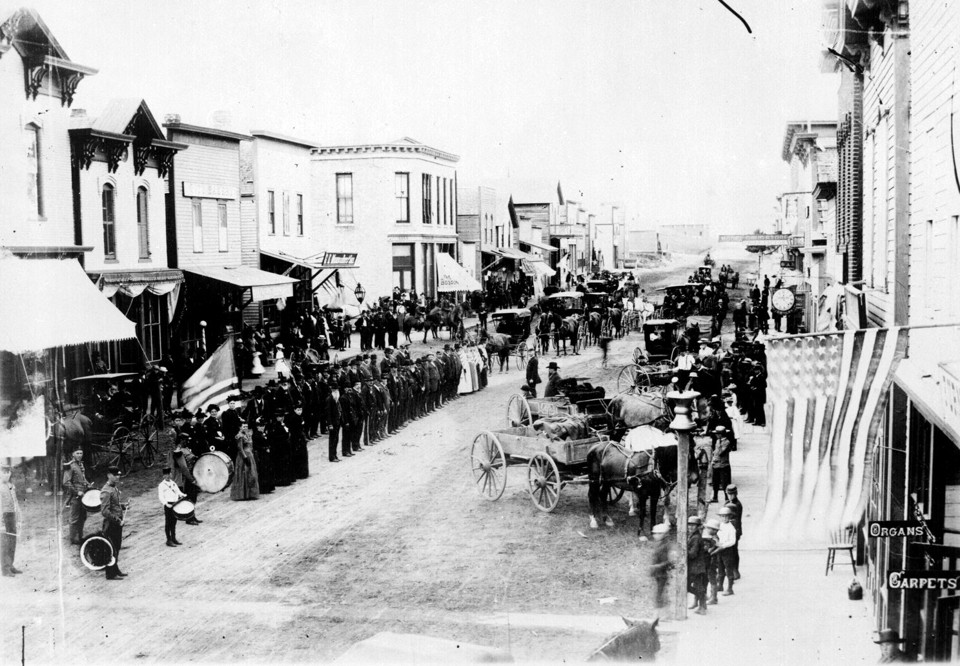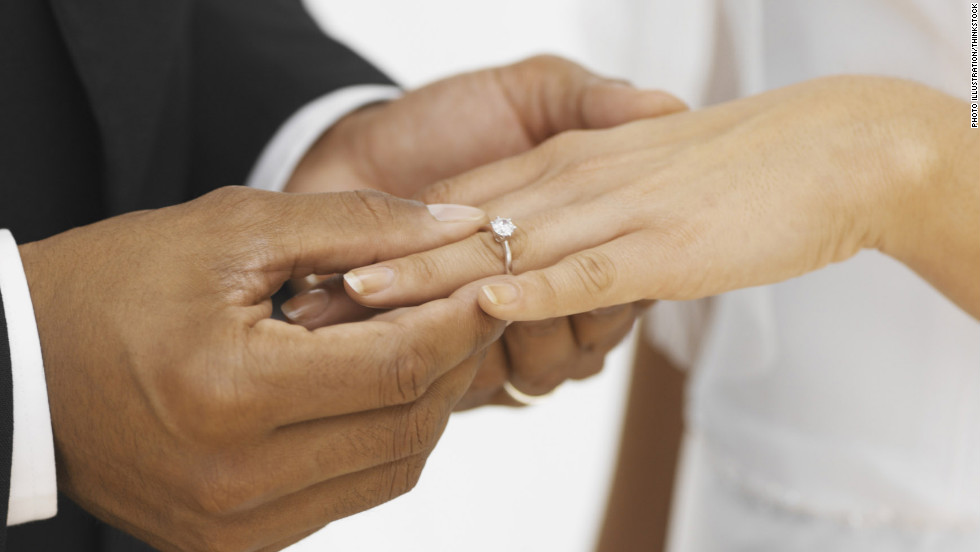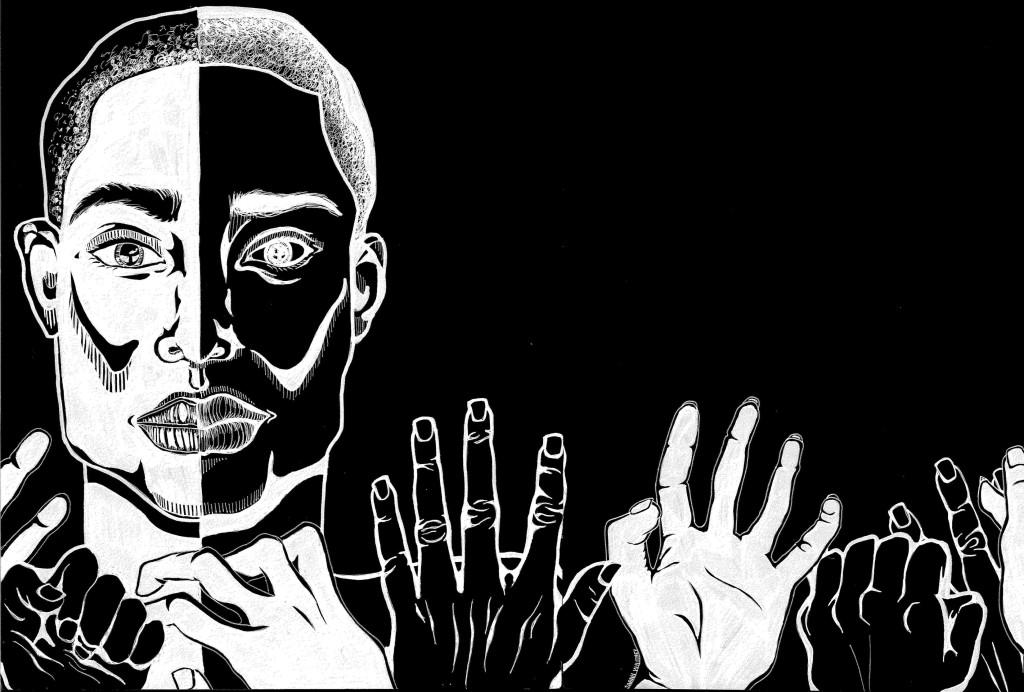
Joseph C. Phillip frames the debate in terms of students’ family life and single vs. two parent homes, rather than bigotry in school disciplinarians. He thinks that focusing only on race-talk on this issue will lead to unsatisfactory solutions that institutionalize the idea that there is something inherently different culturally that leads to black children misbehaving.
“A 2006 study claims Seattle school teachers discipline black students more than their white peers. How about a solution that doesn’t involve pulling the ‘race card?’ […] We can either march forward under the illusion that a discipline gap exists because teachers are a bunch of racists, suspending black children more than white for no other reason than the color of their skin. Or, we can finally realize that a breakdown in the traditional family structure, and an embrace of the destructive social behavior and attitudes that have accompanied it, is playing the devil with our children.”
Do you think that solutions should be focused on race or family life? Another related factor? A mix of these?
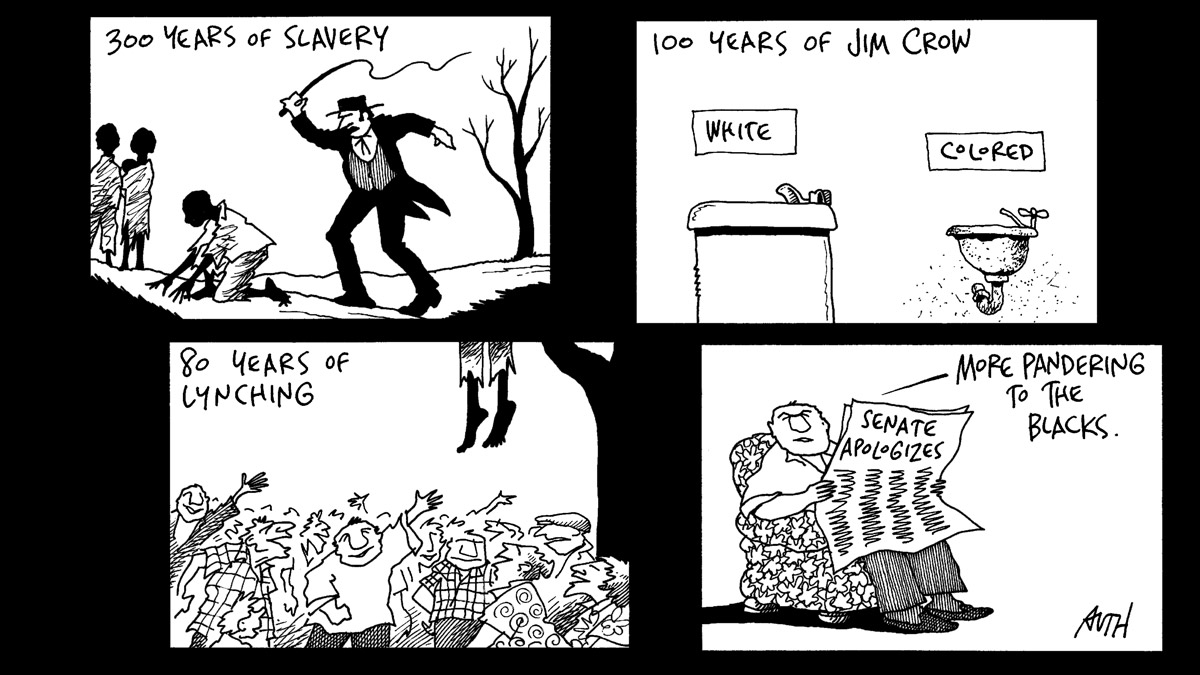
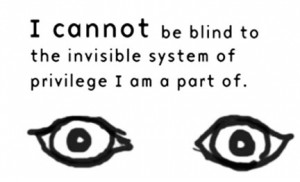
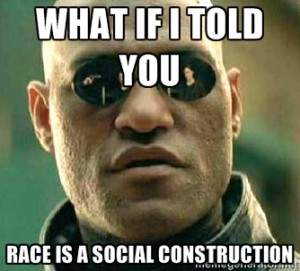

 Click here
Click here